The Debate (no.29); Democracy vs Dictatorship.
Introduction |
|---|
During the early days of my M.Sc program, we, the students, nominated Daniel to be our course representative, who talks on our behalf to the lecturer. We liked Daniel because before he took decisions that concerned us, he would tell us and hear our opinions. Although it might take a few days before we finally came to a conclusion, at least he was speaking the mind of the majority to the lecturers. This leadership style of Daniel is called "DEMOCRACY."
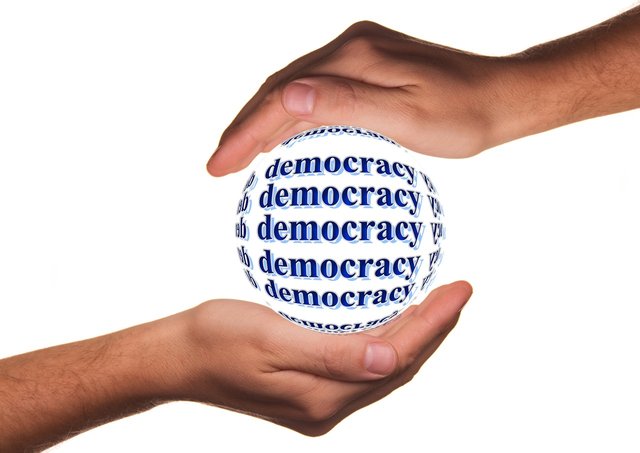
A month later, David's name came out among the second set of people that got admission to do his M.Sc. David did his first degree at that university, so he had a lot of influence both with lecturers and among students. Coming back again to do his master's, he wanted to use his influence to take the course rep position from Daniel.
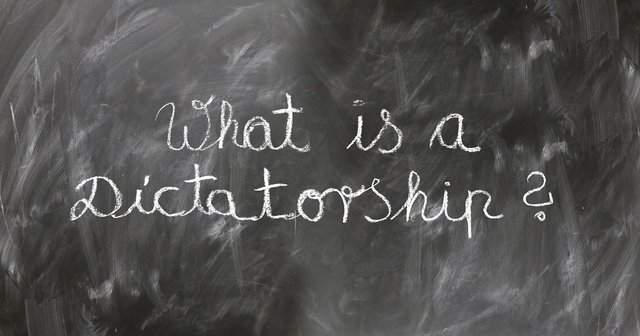
Some lecturers David had influence on chose him to be the course rep for their courses, but Daniel was still the general course rep. Whenever David took decisions, he never consulted us to hear what we had to say. He just made decisions, whether good or bad, and all of us had to suffer for it. We hated him so much because he never cared to listen to anyone. David's leadership style is called "DICTATORSHIP." The only advantage of his style of leadership is that decisions are taken quickly and don’t take days since it doesn’t involve many people.
With this short example, I can simply say "democracy" is like having a room full of voices, with lots of ideas. It can take days before getting a result, but it also means everyone has a chance to be heard. Dictatorship is silent, with just one voice calling the whole shot. It's fast, but it might not be everyone’s mind.
I have a few subtopics I’ll be touching on in this debate, but before going ahead, let me invite @blessb, @hannybanny, and @emmy01 for this contest.
Democracy or Dictatorship: Which is Better for Stability and Progress? |
|---|
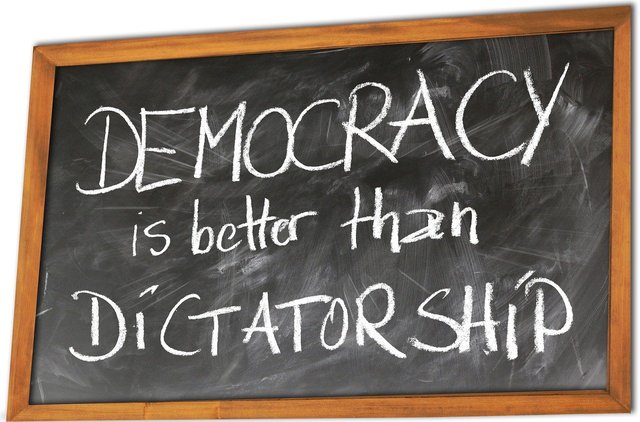
Still using my class as the subject matter, Daniel's democratic style of leadership was more like an inclusive approach. He carried everyone along, and as students, we did everything to make sure he succeeded until our master's program was over. There was no time Daniel would call for a meeting with us that we wouldn’t honor it. When he set class times for us with the lecturer, we always obeyed. Funny enough, this Daniel I’m talking about is smallish in nature, but he had the hearts of everyone. We all loved him. There was peace and stability because he was there to serve us and spoke the voice of the people. Democracy creates room for peace and harmony.
Then David, on the other hand, it was war! War! War! All the time because of his dictatorial leadership style. He talked to us as if he was our boss or we were little kids. A lot of us master’s students were already working. So before you fix a class, at least, we have a WhatsApp group where you can relate with us to know if the class will be convenient for us. But David would never do that. He would always want to impose his authority on us, fixing classes whenever he liked. The few lecturers he thought he had influence on had to withdraw the power they gave him because each time they came to class to lecture, it was always empty. There was never a time he would come to address the class without quarreling. The funny part is that he didn’t care if we complained from now till next year; he would still do what was in his mind. Throughout our program with him, until his powers were stripped from him for fighting a student, there was no time we had any moment of peace. We did everything to frustrate his efforts.
How Does Democracy Help a Country Move Forward Compared to a Dictatorship? |
|---|

Looking at Nigeria now as a case study, with democracy, the voices of the people are aired through the House of Representatives and senators from each part of the country. They try to amend the constitution to make sure it protects the common man and is free from bias. The executive, legislative, and judiciary are watchdogs of each other. In other words, no single arm of government has the power to take any decision without involving the others. This is what brings progress to the country. The government does all it can to make sure the country moves forward and brings peace and harmony.
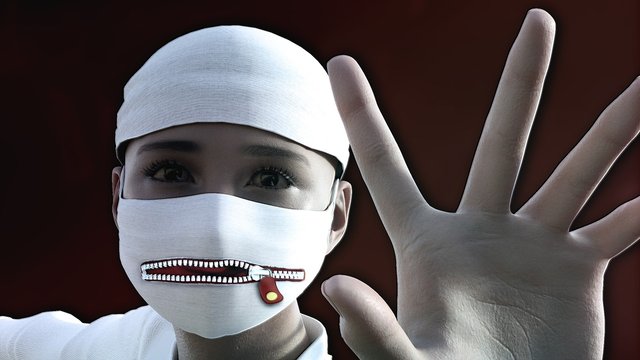
When it comes to dictatorship, it is a different ball game. I was still young when Abacha was the military head of state. During that period, no one dared to question his authority because he was a dictator. What he said was final. In Rivers State, we still remember the killing of Ken Saro-Wiwa by Abacha for challenging his authority. The money Abacha made away with during his time as president is still being recovered as of 2024. It is very hard for a country to move forward in times like this. You couldn’t voice your concerns or say you wanted to protest during Abacha's regime; he would lock you up. Whatever he said was carried out through the barrel of a gun. This didn’t move Nigeria forward in any way because people were too afraid to talk.
Can a Dictatorship Handle Tough Times Better Than a Democracy? |
|---|
From what I saw when Abacha was the military ruler, I would say dictatorships handle tough times far better than democracies. In a democracy, you see people coming on social media to insult leaders, attack police officers on the streets in the guise of End SARS, protest here and there, different factions of terrorists (Boko Haram, killer herdsmen, IPOB, militants). All of these activities turn the country upside down. In a dictatorship, no one would dare try it. When Abacha was the head of state, before you even thought of it, they had either killed you or thrown you into prison. Ken Saro-Wiwa was one of such victims.
I also remember a time when Cameroon was trying to take Bakassi. Since it was a dictatorship rule, he didn’t have to consult anyone; he immediately sent troops to protect the land. If it was a democracy, they would have deliberated for many days before finally making a decision. In the end, see where our decision led us: handing over Bakassi to Cameroon.
Why Is Personal Freedom Important for a Country to Grow Under Different Types of Governments? |
|---|
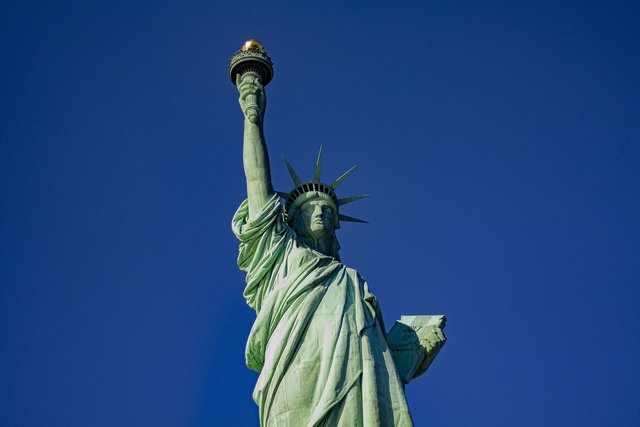
Personal freedom gives individuals the liberty to think freely and make decisions. Your civil rights are not trampled upon. This brings about innovation and the expression of new ideas, which are crucial for economic, cultural, and social growth.
Freedom gives opportunities for businesses to thrive without fearing that one dictator can come up with a law one day that will destroy your chains of business. This is what brings about economic growth. Entrepreneurship and investment are encouraged by stable and predictable legal frameworks.
Personal freedom enables social movements and reforms that address injustices and improve the quality of life.
Entry
https://x.com/SbamsonTammy/status/1795884650339995734
You wrote something good.
I agree with you a good dictator will act fast without any nonsense.
Democracy? It's an illusion for over 60 years if not always.
The votes are thrown away, a few rich pull the strings, by now there's a law in Europe everyone with a different opiniin is a therorist.
6 months ago we had elections the government fell 1 year earlier, they still reign and boycot the chosen party. So far the freedom, right to vote. In the end Daniel rules and the idiots vote for him and do his dirty work.
❤️🍀